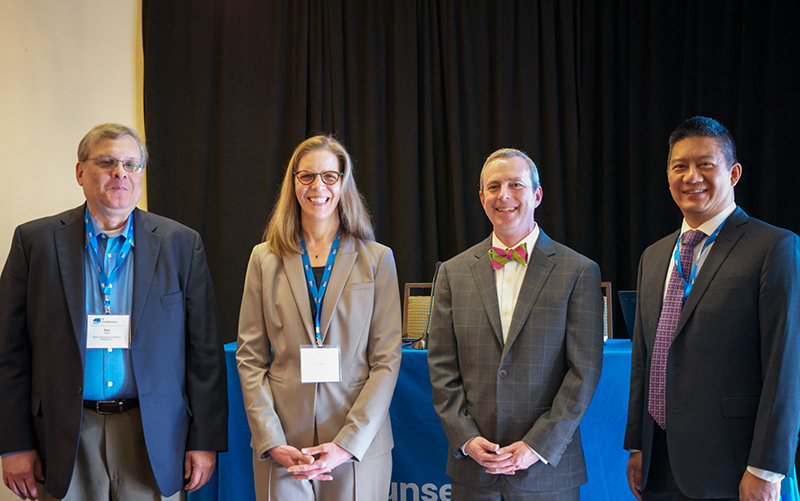A May 3 report shows that more than a quarter of a billion people faced acute food insecurity last year. This data underlines the importance of biotech for reducing the risk of hunger.
Nearly 258 million people in 58 countries faced acute challenges with food insecurity in 2022, according to the Global Report on Food Crises 2023, which was led by the United Nations and developed by 16 partners. This is the greatest number of people facing acute food insecurity since the annual report was started seven years ago. The report includes 376,400 people living in near-famine conditions in Somalia, South Sudan, Yemen, Afghanistan, Haiti, Nigeria, and Burkina Faso.
The report notes pressures on food security include conflict, economic crisis, and climate. Regardless of the cause, biotech improvements in farm productivity offer solutions.
“We all know that technology, specifically biotechnology, has revolutionized agriculture and increased productivity, especially in the agricultural powerhouse that is the U.S.,” writes Lynne Finnerty, Director of Agriculture Communications for the Biotechnology Innovation Organization (BIO), in Bio.News. “Biotech and other high-yielding crop varieties, have supercharged our ability to feed ourselves while using less resources. According to USDA, U.S. farm output grew 170 percent between 1948 and 2015—at an annual average rate of 1.48 percent.”
The impact of weather on food insecurity
Climate challenges and the extreme weather they bring are areas where biotech is especially well-equipped to help, not only with climate-resilient crops, but also with innovations that address the causes of climate change.
The May 3 report listed extreme weather as the primary cause of food insecurity for 56.8 million people in 12 countries. This is more than double the 23.5 million people facing acute food insecurity due to climate concerns in 2021, the report says. The extremes included flooding in Pakistan and severe drought in the Horn of Africa.
“Even though the conflict in Tigray remained active until the ceasefire in November 2022, weather extremes were deemed to be the main driver in Ethiopia where the drought affected more people than conflict,” the full report says.
Biotech crops that help us adjust to climate change include wheat and rice that are resistant to drought and heat. In animals, biotech advances in gene editing are producing livestock also resistant to drought and heat, including cows with shorter hair.
When it comes to addressing root causes of climate change, advances include plants that fix more nitrogen in the ground and feed additives that reduce emissions of the greenhouse gas methane. However, some of this technology, like the feed additives, face hurdles to approval, Bio.News says.
The role of conflict in food insecurity
Along with climate problems, conflict is also adding to acute food insecurity, according to the food crises report. One major concern has been the impact the war in Ukraine has on the production of fertilizers from Ukraine and Russia. These two countries produce much of the world’s fertilizer supplies.
Ginkgo Bioworks and Bayer, for example, are cooperating through their joint venture Joyn Bio to help reduce the need for fertilizer. Using synthetic biology, Ginkgo and Bayer alter microbes that colonize cereal crops, like corn, wheat, and rice, so they naturally fix nitrogen into the soil. This ensures plants are nourished without nitrogen-based fertilizers.
Companies such as Pivot Bio, Kula Bio, and Anuvia are doing similar work by pushing the development of farm fertilizers by harnessing microbes or plant-based products to deliver nutrients that corn and other crops need.
Meanwhile, biotech developments that make rice and soybeans more productive mean more crops from fewer inputs.
“To prevent a global food crisis as the population grows and climate impacts intensify, we must continue to innovate, including extending the benefits of biotechnology to the barnyard with healthier animals,” says BIO’s Finnerty. “With continued innovation and government policy that allows for further development and commercialization of new traits, we’ll never go hungry.”




